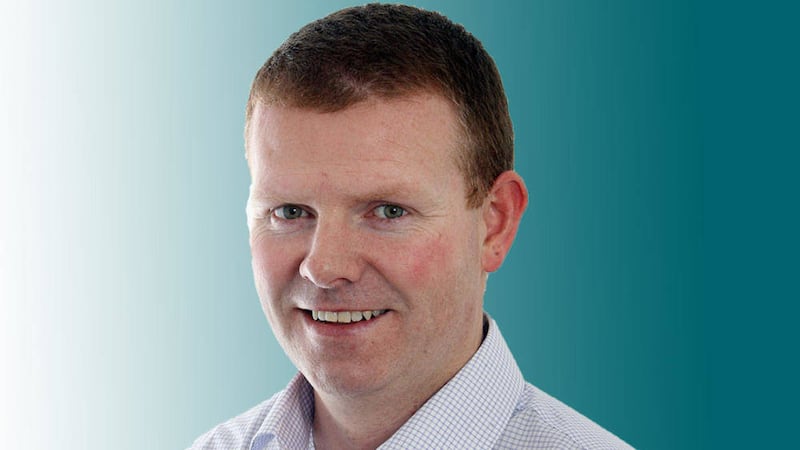Britain’s Nuclear Secrets: Inside Sellafield, BBC 4, Monday
Running an energy programme is just like running the government – it’s impossible to be the good guy.
Opposition in politics and opposition to every type of energy generation which can be proven to be bad for us is a comfortable position.
Opposition politicians can recommend the state spends money on every cause without ever having to raise taxes or cut elsewhere.
While environmentalists and NIMBYists can demonstrate against fracking, nuclear power, fossil fuels and even wind without ever having to consider the consequences of a blackout.
Essentially all power production has negative effects. Oil, coal, gas and peat produce carbon dioxide which causes global warming.
Nuclear power leaves hideous waste behind for millennium and can be catastrophic if there is an accident. Wind looked like it was a great bet until we discovered it’s really expensive, noisy and people don’t like it anywhere near them.
Fracking, which releases gas trapped in rock, has dramatically dropped the price in America but gives concern about what it might do to the quality of our water and whether it may cause earthquakes.
The other consideration of a government keen to keep the lights on is continuation of supply. Oil can fluctuate greatly in price because of the cartel that sells it and the speculators who bet on it.
Gas looks better, except when it comes from Russia which sometimes likes to turn the taps off to make a political point.
It’s another reason why fracking is a game changer in the US, because the world’s largest economy is now self-sufficient in energy.
Britain has struggled with this problem since the end of the era of coal and nuclear in the 1980s and has yet to find a solution.
BBC 4’s new nuclear series isn’t specifically about how we power the future but is an unavoidable consideration of every programme.
Nuclear physicist Jim Al-Khalili began the series with a trip to Sellafield in a week the world commemorated the 70th anniversaries of Hiroshima and Nagasaki and also as Japan restarted its nuclear programmes four-years after a tsunami caused a reactor to explode.
Sellafield is special to us for two reasons. Firstly because it is so close to Ireland and secondly because it houses hundreds of tonnes of spent fuel rods from all Britain’s reactors in the 1980s and is also the site of the THORP reprocessing plant which is taking in nuclear waste from all over the world.
There were times when there was a bit too much complex physics in ‘Inside Sellafield,’ but this is an important programme.
Nuclear has so much going for it. It has security of supply, it’s cheap and it could end global warming but when Dr Al-Khalili showed us the sheer scale of the nuclear residue which would be dangerous for another 20 generations, you shivered.
Who’d want to be in government and make that decision?
***
Christian Louboutin: The World’s Most Famous Shoes, Channel 4, Tuesday at 9pm
It’s a name most husbands fear – Louboutin and his famous red soles.
He’s feared because his shoes cost from £600 and up and every woman who’s ever dreamed of the little Carrie Bradshaw inside her wants a pair.
As it turns out I liked Louboutin. He’s not at all the prancing diva I had imagined.
Perhaps I’ve been taken in by him, but he was convincing as a guy who realised that what he was doing didn’t hold a huge amount of significance, but he was good at it and enjoyed it.
``I think I make a very useless work and I am proud of it,'' he says.








